Does being fat make you bad?
Approximately 40% of American adults are considered obese according to the standards set by the Center for Disease Control. An additional 32% of American adults are considered overweight, while almost 8% are considered seriously overweight.
According to the Center for Disease Control, approximately 50% of American adults have tried to lose weight over the past 12 months. About half of American adults say that they would take a safe and effective drug in order to lose weight. Indeed, approximately 6% of Americans (15.5 million people) are using Ozempic – mostly to curb diabetes. However, 3% of those who take Ozempic do so for weight loss reasons alone. Ozempic is not covered by insurance for purposes of weight loss alone.
Clearly, a large number of Americans are considered overweight – and want to lose weight.
Am I Bad if I’m Fat?
People find it difficult to lose weight. A total of 65% of Americans believe that willpower alone is insufficient in order to lose weight; 34% believe that willpower alone is sufficient.
Now, this is a problem – but not for the reasons you might think. The problem is not that people don’t think that willpower alone can make you lose weight. The problem is that we are thinking about this issue using a false choice: It’s either willpower or not. It is this sort of either-or thinking that sets us up for failure.
We typically evaluate ourselves on the basis of our capacity for personal responsibility. We believe that people should be responsible for their own actions. When we eat, we make choices. As a result, if you eat too much, you are responsible for your own weight. If you want to lose weight, you should make a choice to lose it. That requires willpower. If you can’t use willpower, you are weak. And we see weakness as bad.
Self-Acceptance and Slow, Incremental Discipline
Well, we are all weak — until we get stronger. The trick is to accept that we have weaknesses in the present – but then take responsibility for the future. As we take responsibility for the future, we are going to have success. Most of those successes will be small, incremental ones.
But guess what: even as we assume responsibility for our futures, we are also going to…fail. It’s inevitable. When we fail, it doesn’t feel good. Failure doesn’t make me a bad person. Weakness doesn’t make me a bad person. Having difficulty doing something hard doesn’t make me a bad person. It only makes me human.
What the Hell
If you’ve ever tried to lose weight, you are familiar with the “What the hell” problem. It’s late at night. You want to eat something. Maybe you are hungry; or maybe you are just bored. You have a choice – a hunk of cheese or a carrot. But this choice is not really between a hunk of cheese and a carrot. It’s a choice between a sense of rich gratification now and having to wait for weight loss that I worry may never come anyway in days, weeks and months. Given the choice of instant versus delayed (and uncertain) gratification, we say, “What the hell” and pick the cheese.
And then, after the cheese, we feel guilty. And then, of course, the delayed gratification of weight loss is even more unlikely. And so we say, “What the hell”. And a cycle ensues.
Accept Yourself, Accept the Challenge
To be sure, that guilt is telling you something. But it isn’t telling you that you’re a bad person. It’s only telling you that you wish you hadn’t eaten the damned cheese.
So what can do you do? First, accept that you have a challenge. By that I mean, accept the fact that this thing that I’m doing is difficult. There is no shame in something being difficult. Accept that it is a challenge. And have compassion for yourself. Forgive yourself. Yes, I ate the cheese. I didn’t want to, but I did. I was not strong in this moment. But I’m human.
That moment now is gone. Instead of denying it – accept it. It happened. I’m not a bad person.
But now what?
Having compassion for who I am now and who I have been in the past the first step. But don’t leave it at that. Now, accept a different type of “challenge”. Accept the challenge to slowly and incrementally make things better in the future. Break the task down. Set small, safe and manageable goals. Then by meeting those small goals, you will develop the discipline to make better food choices, to measure out your portions, to exercise, or whatever path you choose that is right for you.
The Will Isn’t Free
We don’t have the vocabulary to talk about conditions over which we have limited control. The simple fact is that at any given moment, we always have limited control. Our capacity to control our actions is not something that simply is “there” – it is something that must be cultivated. It takes time, effort, patience and self-acceptance. If we think of ourselves as good if we can do and bad if we can’t, we are doomed. It’s better to accept that we are limited – at least right now – and then work to slowly – accepting failure along the way – commit to the difficult work of changing our choices and lifestyles.
When we do that, we change ourselves as well.


If you like what we are doing, please support us in any way that you can.